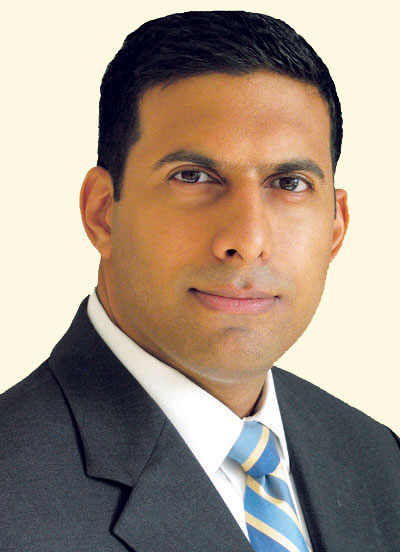Among the various proposals put on the table during his State of the Union earlier this month, the president called for a higher federal minimum wage. That was guaranteed to push the ideological buttons. Along the absurdly one-dimensional political spectrum that now defines the norm of policy debate, each side has its arguments for or against such a move. The minimum wage has been around since the Great Depression, when it was set at a quarter.
For all its longevity, divided interests have not succeed in settling the minimum wage debate conclusively, in part because distributional considerations are an important part of the evaluation that clouds clear thinking on both sides.
 Who would be most affected by an upward adjustment in the minimum wage and its indexing to inflation? The White House estimates that 15 million people would be impacted by its proposal. Minimum wage earners are more likely to be employed in part-time service occupations; they are more likely to be women, young, and to have exited high school before completing their diplomas. They are primarily employed in Southern states, and variation across race is less pronounced than might be supposed.
Who would be most affected by an upward adjustment in the minimum wage and its indexing to inflation? The White House estimates that 15 million people would be impacted by its proposal. Minimum wage earners are more likely to be employed in part-time service occupations; they are more likely to be women, young, and to have exited high school before completing their diplomas. They are primarily employed in Southern states, and variation across race is less pronounced than might be supposed.
Democrats cite stagnant wages for low-income Americans as part of the rationale, pointing out that a family of four subsists below the poverty line if the breadwinner is paid the federal minimum. Even as the top of the distribution has seen its incomes rise, wages at the bottom evince the growing imbalance. Minimum wage has not kept pace with inflation.
As part of their economic rationale, they may also suggest that the weak recovery reflects lagging demand from households with ever-tighter budgets. By raising the minimum wage, we help families in the lowest strata of the economy. We also support new economic activity, since these households are more likely to spend their marginal dollar.
The Republican counterpoints to the Democratic thesis postulate that employment will fall if wages rise. Higher costs to employers mean that fewer people will be employed, blunting the impact of a rise in salaries. As described in virtually every undergraduate textbook in microeconomics, higher costs for labor inputs will lead to substitution from labor into capital.
The arguments for a higher minimum wage are not just rooted in equity considerations. During his address to Congress, the president offered that “we know our economy is stronger when we reward an honest day’s work with honest wages.” He is undoubtedly correct in one sense. All things being equal, consumers are better off when paid higher wages. Very income-constrained borrowers are more likely to spend an additional dollar, doing more to support the economy than if those dollars were saved.
In its press release on the issue released earlier this month, the White House posits that “a stronger middle class is key to a stronger economy.” All things being equal, they are correct here again. But greater care is called for in presenting their arguments. The middle class is not impacted directly by a higher minimum wage.
The efficacy of the proposal comes down to the employer response to higher labor costs. Do they really lower employment in a way that negates the positive intent of the program? Professors David Card and Alan Kreuger have authored the seminal research on the question. Mr. Kreuger was appointed chairman of the Council of Economic Advisers in August 2011, signaling the administration’s interest in labor market policy. Their analysis has found that an increase in the minimum wage did nothing to undercut employment.
Messrs. Card and Kreuger’s findings date back to the mid-1990s. The weight of academic evidence has been stacking up in their favor in the years that followed. In a letter to the president and the Congressional leadership last summer, the brightest minds in the field of labor economics made the point succinctly. They state that “increases in the minimum wage have had little or no negative effect on the employment of minimum wage workers, even during times of weakness in the labor market.”
Secondary effects are an important factor in the analysis as well. These same economists proffer that higher minimum wages “stimulate the economy as low-wage workers spend their additional earnings potentially raising demand and job growth.” Where some analyses show a negative employment impact from higher minimum wages, some of the most current research shows those results may result from incompletely specified empirical models.
On balance, the evidence shows that a higher minimum wage will do more good than harm. You can believe it or dismiss it on ideological grounds. If you take the latter route, you only have the weight of evidence against you.
dsc@chandan.com
Sam Chandan, Ph.D., is president and chief economist of Chandan Economics and an adjunct professor at the Wharton School.
![Spanish-language social distancing safety sticker on a concrete footpath stating 'Espere aquí' [Wait here]](https://commercialobserver.com/wp-content/uploads/sites/3/2026/02/footprints-RF-GettyImages-1291244648-WEB.jpg?quality=80&w=355&h=285&crop=1)


